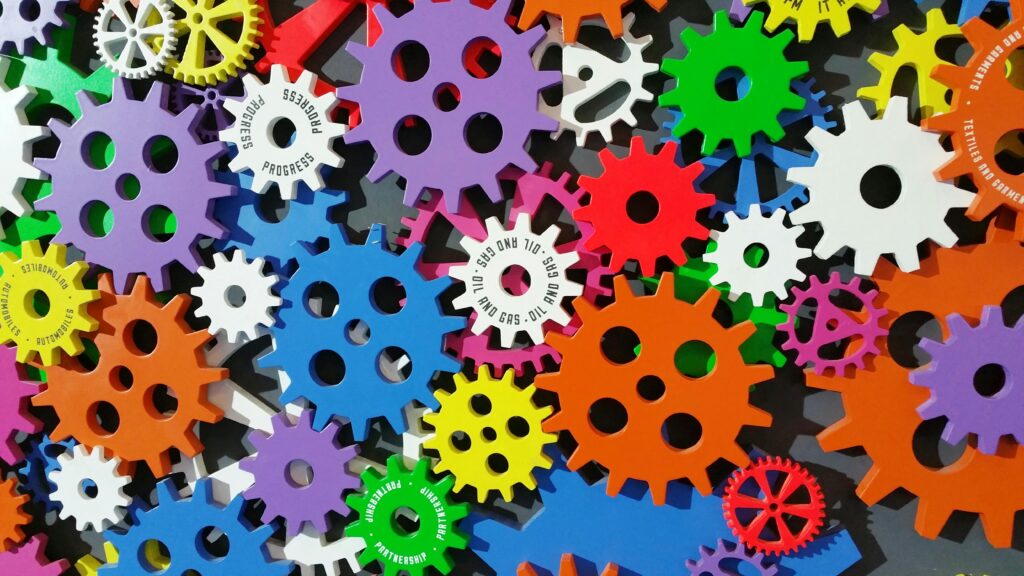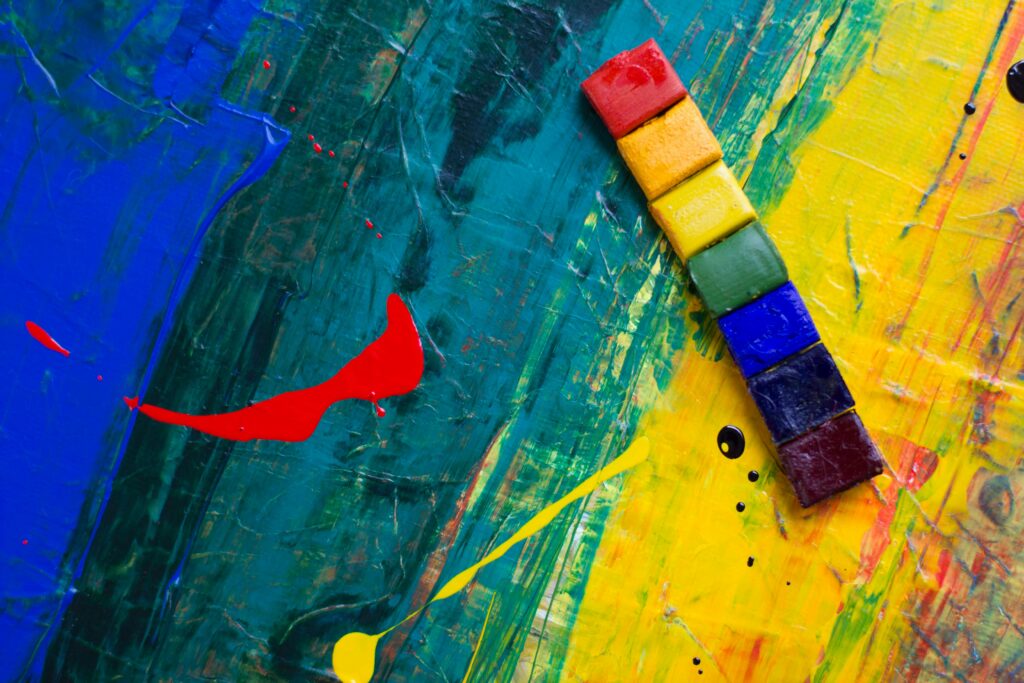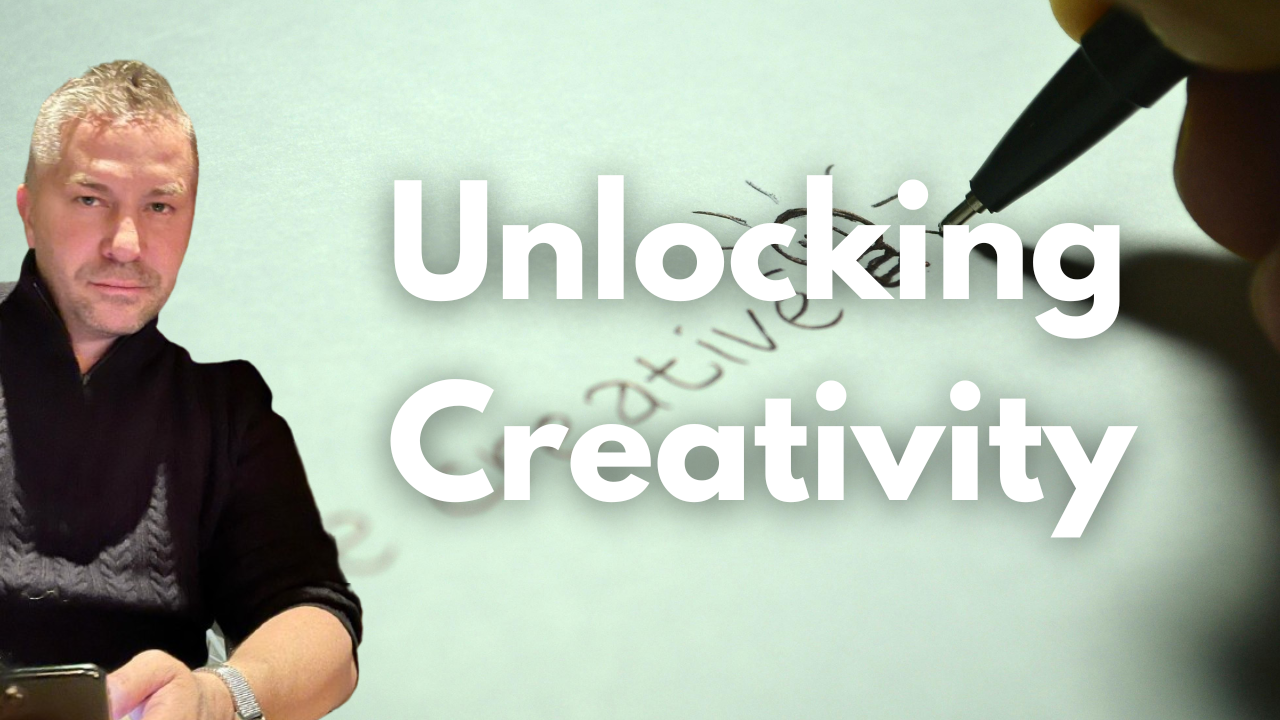
Understanding Creativity:
Creativity is the ability to generate novel ideas, solutions, or expressions that are both original and valuable. It involves thinking outside the box, making connections between seemingly unrelated concepts, and approaching problems from new perspectives. Creativity is not limited to artistic pursuits; it permeates all aspects of life, including business, science, technology, and everyday problem-solving. By tapping into our innate creativity, we can unleash our full potential, overcome challenges, and create meaningful change in the world.
The Importance of Creativity:
Creativity plays a crucial role in driving innovation and progress in society. It fuels entrepreneurship, drives scientific discovery, and fosters cultural expression and artistic achievement. In business, creative thinking is essential for solving complex problems, identifying new opportunities, and staying ahead of the competition. In education, creativity encourages curiosity, critical thinking, and lifelong learning. In our personal lives, creativity enriches our experiences, fosters self-expression, and enhances our overall well-being. Ultimately, creativity is a fundamental human trait that empowers us to imagine, create, and shape the world in which we live.
Strategies for Cultivating Creativity:

- Cultivate a Growth Mindset:
A growth mindset is the belief that intelligence and abilities can be developed through effort, practice, and learning. Embrace challenges as opportunities for growth, and view failures as valuable learning experiences. By adopting a growth mindset, you can cultivate resilience, perseverance, and a willingness to explore new ideas and approaches. - Foster Curiosity and Exploration:
Curiosity is the driving force behind creativity. Cultivate a sense of curiosity by asking questions, seeking out new experiences, and exploring unfamiliar territory. Keep an open mind and be willing to step outside your comfort zone to discover new perspectives and insights. - Create an Inspiring Environment:
Your physical environment can have a significant impact on your creativity. Surround yourself with inspiration by curating a space that stimulates your senses and fuels your imagination. Fill your space with artwork, books, music, and objects that inspire and energize you. Experiment with different environments to find what works best for you, whether it’s a bustling coffee shop, a quiet corner of your home, or a natural outdoor setting. - Embrace Constraints:
Constraints can spark creativity by forcing you to think creatively and find innovative solutions within limitations. Instead of viewing constraints as obstacles, embrace them as opportunities to push the boundaries of your creativity. Whether it’s a tight deadline, a limited budget, or a specific set of resources, use constraints to fuel your creativity and inspire out-of-the-box thinking. - Practice Mindfulness and Reflection:
Mindfulness practices such as meditation, deep breathing, and mindful awareness can enhance your creativity by quieting the mind and fostering a state of openness and receptivity. Set aside time each day for quiet reflection and introspection, allowing your mind to wander freely and make unexpected connections. Pay attention to your thoughts, feelings, and sensations, and observe how they influence your creative process. - Collaborate and Share Ideas:
Collaboration can amplify creativity by bringing together diverse perspectives, skills, and experiences. Seek out opportunities to collaborate with others, whether it’s brainstorming ideas with colleagues, joining a creative community or group, or participating in collaborative projects. Share your ideas openly and be receptive to feedback and input from others. By collaborating with others, you can gain new insights, refine your ideas, and create something greater than the sum of its parts. - Embrace Failure and Iteration:
Failure is an inevitable part of the creative process. Instead of fearing failure, embrace it as a natural and necessary step on the path to innovation. View failures as opportunities for growth and learning, and use them to refine and improve your ideas. Adopt an iterative approach to creativity, where you continually experiment, iterate, and refine your ideas based on feedback and experience.
Practical Applications of Creativity:
- Business Innovation:
Creativity is essential for driving innovation and success in business. Whether it’s developing new products and services, solving complex problems, or devising innovative marketing strategies, creative thinking is the engine that powers business growth and competitiveness. - Personal Development:
Creativity enhances personal development by fostering self-expression, self-discovery, and personal growth. Whether it’s pursuing hobbies and interests, exploring new passions, or setting and achieving personal goals, creativity enriches our lives and expands our horizons. - Social Change and Advocacy:
Creativity is a catalyst for social change and advocacy. Whether it’s raising awareness about important issues, mobilizing communities for action, or promoting positive social change through art and expression, creativity has the power to inspire action and drive meaningful change in society.
Conclusion:
Creativity is a fundamental human trait that empowers us to imagine, innovate, and shape the world in which we live. By tapping into our innate creativity and embracing the strategies outlined in this post, we can unlock our creative potential, foster innovation and inspiration, and create meaningful change in our lives and communities. Whether you’re a business leader, an artist, a student, or simply someone looking to infuse more creativity into your life, remember that creativity is a skill that can be cultivated and nurtured over time. With practice, patience, and a willingness to explore new ideas and approaches, you can unleash your creativity and harness its transformative power to achieve your goals and aspirations.

